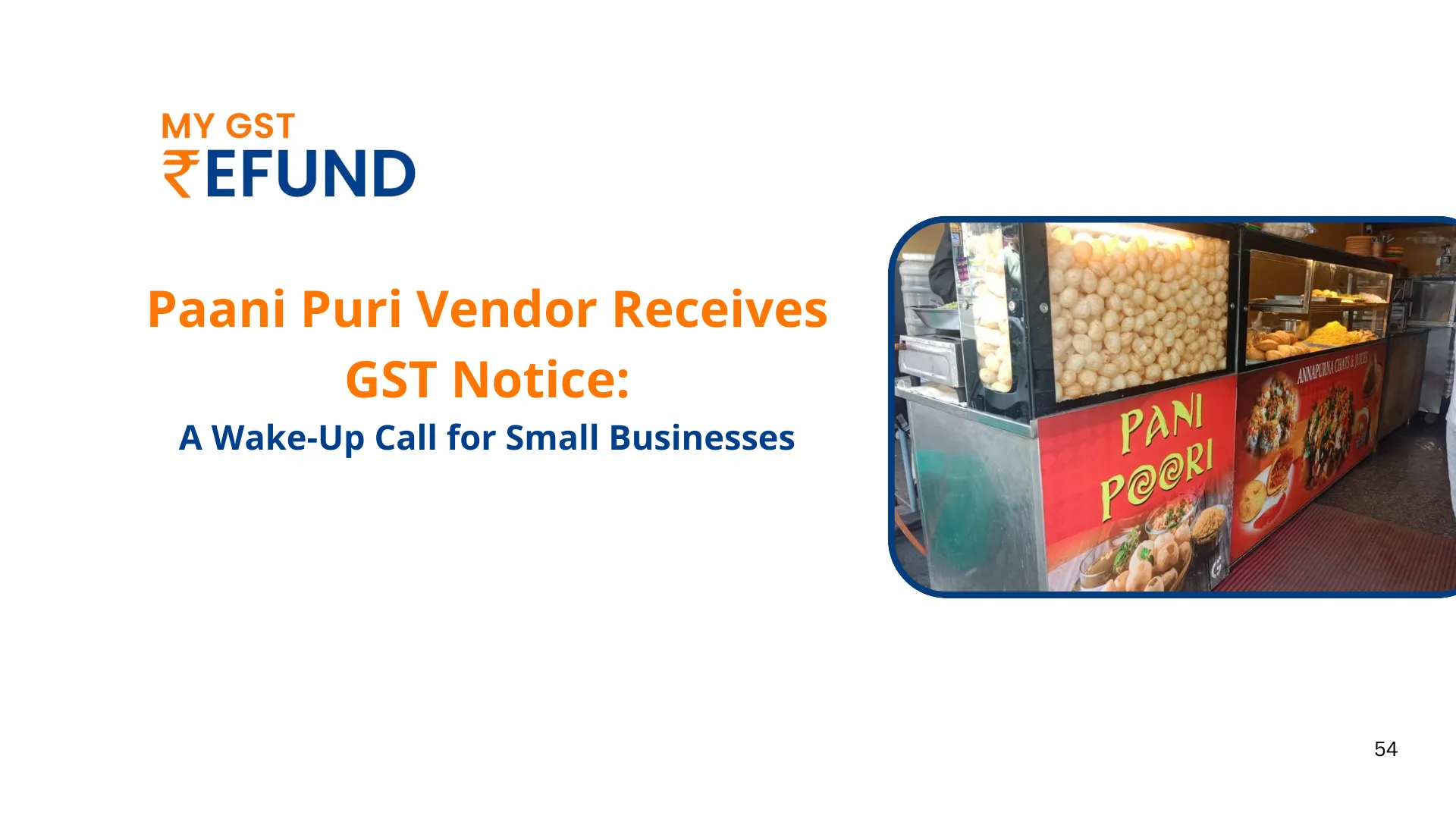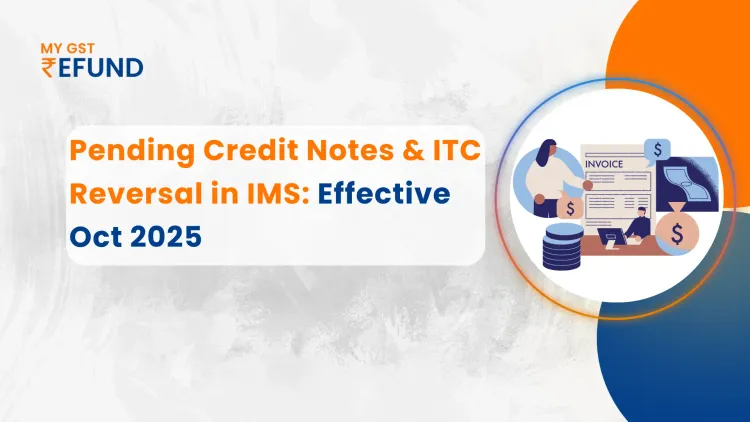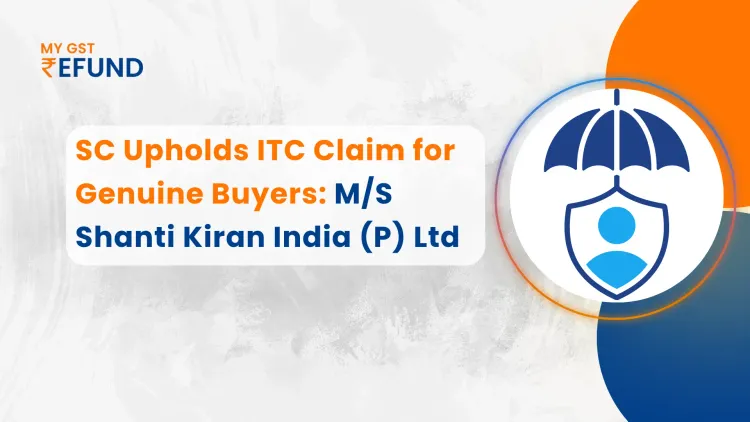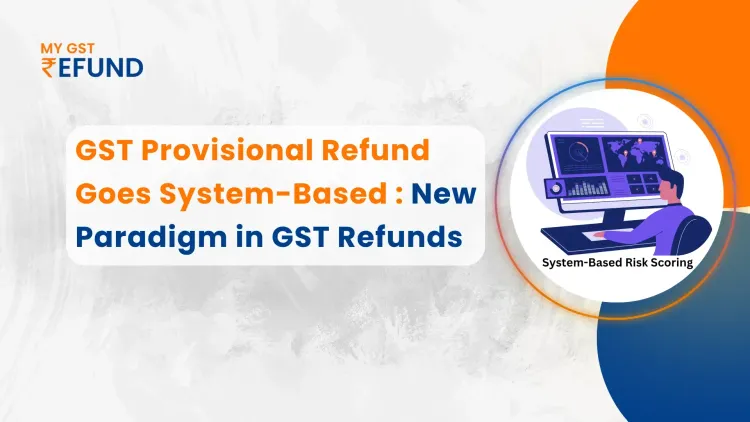Paani Puri Vendor Receives GST Notice: A Wake-Up Call for Small Businesses
A street-side pani-puri vendor has received a Goods and Services Tax notice, which has started yet another debate on compliance obligations for small and unregistered businesses. The notice throws a spotlight on a need for awareness and clarity of tax laws, particularly in regard to micro-entrepreneurs who run informal businesses.
The Incident
The vendor, who runs a small stall selling street foods such as paani puri, has been issued a GST notice under Section 70 of the Tamil Nadu SGST Act after the authorities noticed some unusually high turnover. The notice was issued after "transactions flagged by routine checks and data analysis by the tax department." This incident brings to the limelight the use of digital transactions, increasing day by day, no matter how cash-based a transaction earlier is.
Why Did the Vendor Receive a GST Notice?
- Turnover Threshold Breach: GST registration is mandatory for businesses with an annual turnover exceeding Rs. 40 lakh (Rs. 10 lakh for specific states). Authorities suspected that the vendor’s earnings might have crossed this threshold.
- Unregistered Business Activity: The vendor did not possess a GST registration number, raising concerns of tax evasion.
- Digital Payments: Higher adoption of UPI and other digital payments increased the transparency of the transactions made by the vendor, thereby making it possible for tax authorities to track the sales.
- Complaints or Reports: Competitors or even customers may complain to the authorities, which results in an inquiry.
Legal Provisions Involved
Provision under Section 22 of the CGST Act 2017 requires businesses having turnover above a certain limit to get registered under GST and make returns periodically. Failure to comply can attract penalties, interest and even legal consequences.
Implications for Small Businesses
This incident is a wake-up call for micro and small enterprises, especially those operating without proper registration. The authorities are now using data analytics and payment tracking systems, so businesses need to formalize their operations to avoid legal troubles.
Key takeaways for vendors and small entrepreneurs include:
- Awareness of Threshold Limits: Understanding turnover limits and registration requirements under GST laws.
- Adopt compliance practices: keep proper invoices, records, and accounts to prevent discrepancies.
- Digital Payments Management: Track digital payments as per financial reporting norms.
- Consulting tax professionals: seek advice about regulatory changes that may occur.
Government's Perception
Tax authorities make it clear that GST compliance enhances fairness, avoids tax evasion, and brings more people within the tax bracket. It has nothing to do with harassing small businesses but will help them access credit and be part of mainstream economic growth.
Public Reaction
It has drawn mixed reactions. Some sympathize with the vendor and question whether such rigid rules applied to small traders are justified. Others believe that it promotes accountability and fairness. Industry experts have called for awareness campaigns and easy compliance options from the government to microenterprises.
Conclusion
The paani puri vendor's case is a telling example of understanding tax obligations in today's digitized world. For small businesses, it's important to compute their turnover, maintain records, and seek professional advice to avoid being non-compliant. It will be through the balance between growth and compliance that India will survive.
Related Posts








